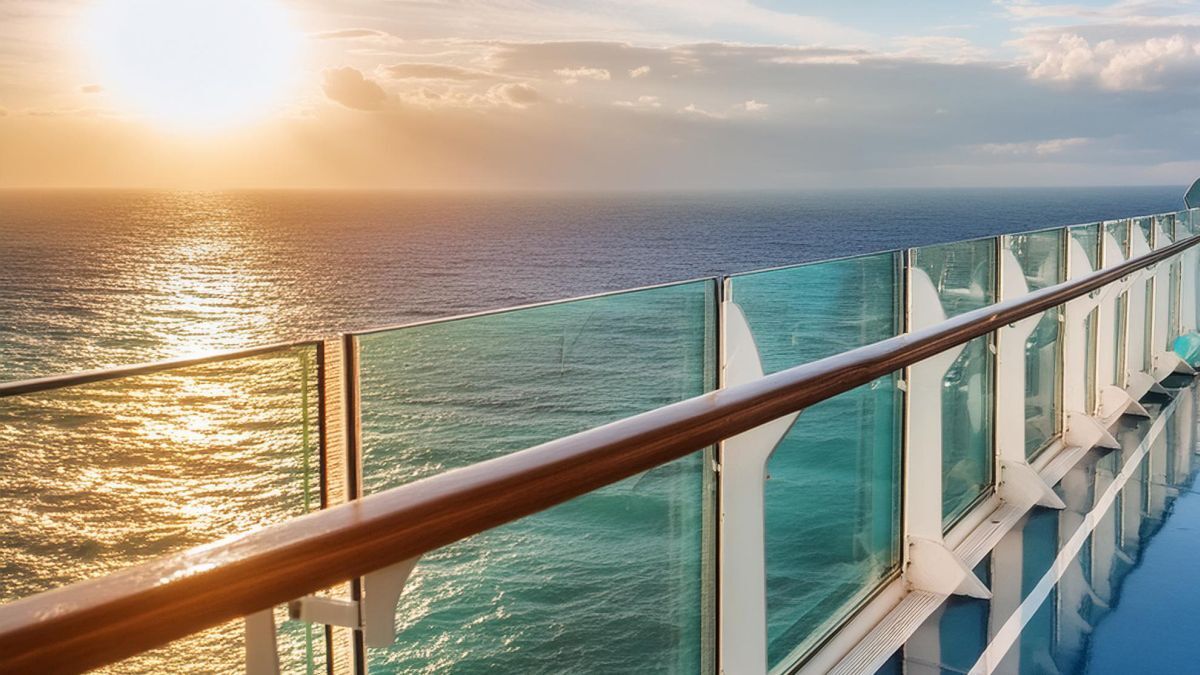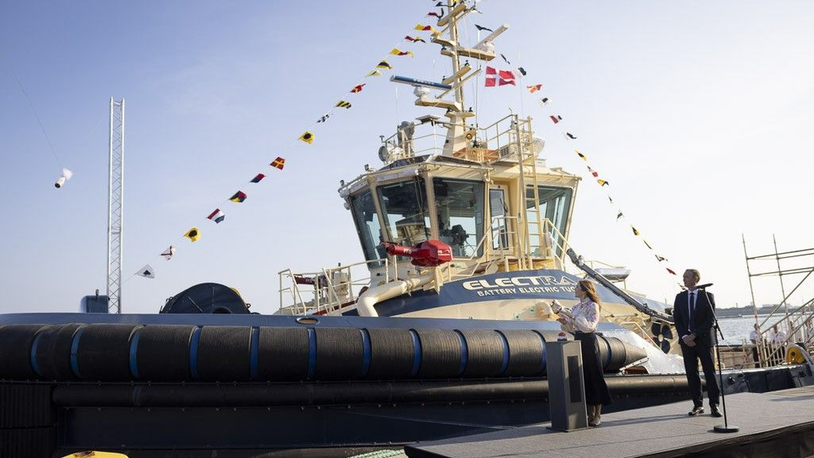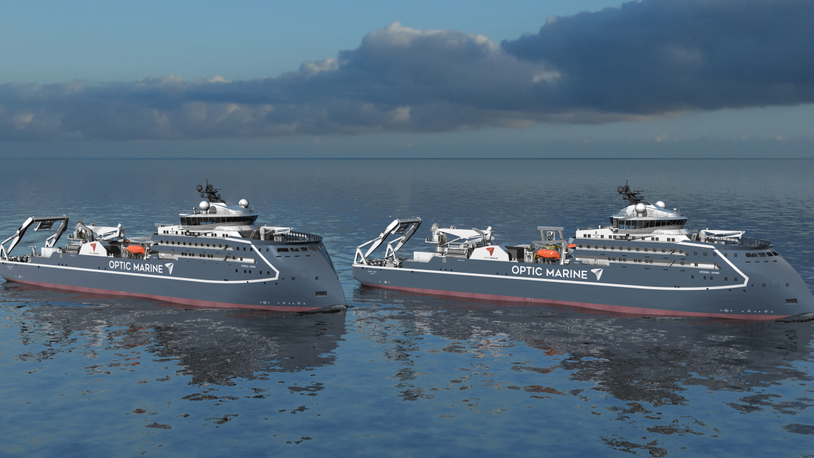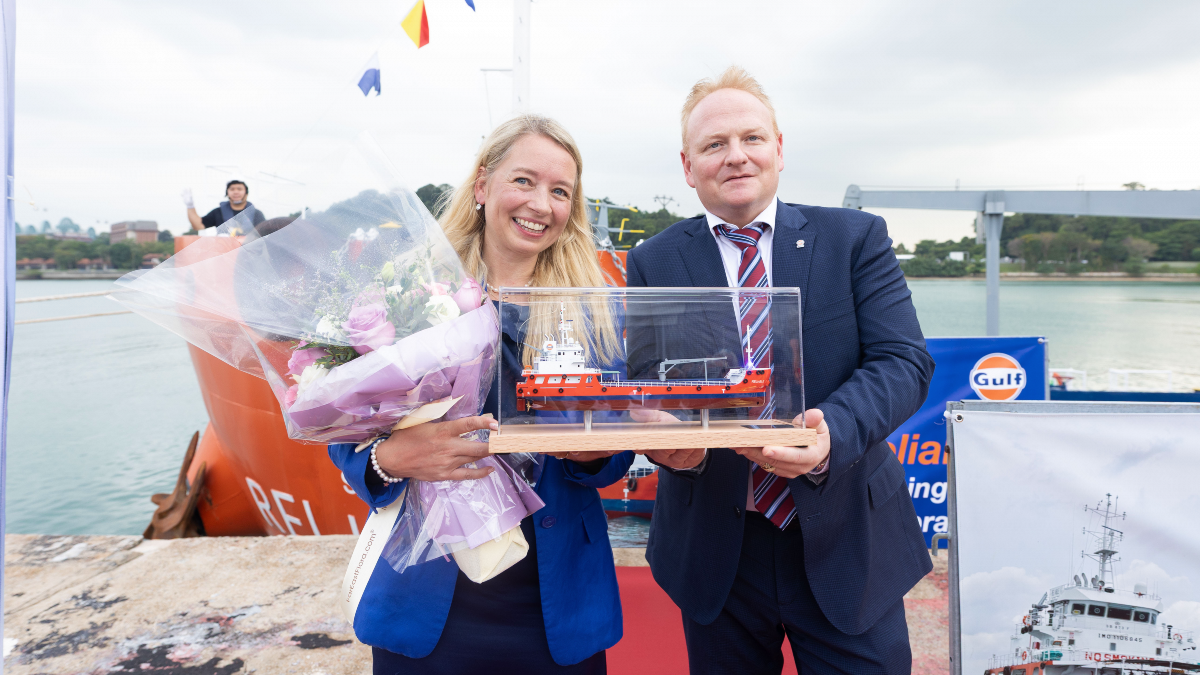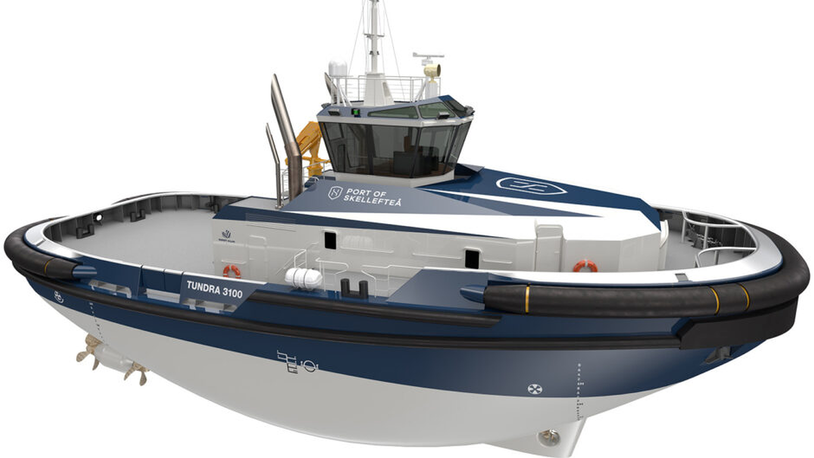Business Sectors
Events
Floating energy: successfully unlocking stranded gas using FLNGs and FSRUs
Contents
Register to read more articles.
Eco-friendly solar glass boosts energy generation
How the use of solar glass can reduce CO2 emissions at sea
A new solar glass solution has been launched that will allow sustainable energy generation.
Brombach + Gess’ solar glazing consists of a thin solar film laminated between two panes of glass. The size and design of the glass and the film can be customised using a flexible printing process. This allows a flexible design, including coloured and curved glass to varying shades of solar film.
Brombach + Gess explains the focus can either be on transparency or on energy generation. With a transparency of 70%, solar glazing achieves a peak output of around 26 W per square metre.
A spokesperson explains, “On cruise ships, for example, with up to 3,000 m2 of glass surface, this energy yield makes a significant contribution to self-sufficient electricity production. At sea, not only is direct sunlight necessary, but the constant reflection of the radiation on the water ensures there is no shading and therefore no gaps in power generation. The solar film is just as effective in diffuse light as in direct sunlight.”
Applications include balcony and cabin glazing, railing, balustrades and skylights. This technology is not only relevant for new ship construction but also for retrofits.
A key aspect of solar glazing is its sustainable design. “By integrating the solar film into the glass architecture, modern ships can diversify their energy sources and become less dependent on conventional fossil fuels. This technology makes it possible for glass surfaces, which are already used for aesthetic and functional purposes, to also play an active role in energy generation,” Brombach + Gess says.
The glazing in which the solar films are integrated is weatherproof and insensitive to the harsh conditions at sea, such as salty air and high UV radiation.
Compared with traditional photovoltaic systems, often perceived as disruptive elements, this new solar glazing offers a hardly visible, yet powerful solution. There is no need for additional space, as existing surfaces are utilised for energy generation. This is particularly advantageous on ships, where space is a valuable commodity.
The company sums up, “With solar glazing, Brombach + Gess takes a significant step toward sustainable cruising and CO2 reduction. The technology offers an ecofriendly way to generate autonomous energy on board ships during voyages, without impacting design or requiring extra space.”
Brombach + Gess will be showcasing its new product at the upcoming events of CSIE Miami and CSIE Hamburg.
Sign up for Riviera’s series of technical and operational webinars and conferences:
- Register to attend by visiting our events page.
- Watch recordings from all of our webinars in the webinar library.
Related to this Story
Events
Maritime Regulations Webinar Week
Floating energy: successfully unlocking stranded gas using FLNGs and FSRUs
© 2024 Riviera Maritime Media Ltd.


